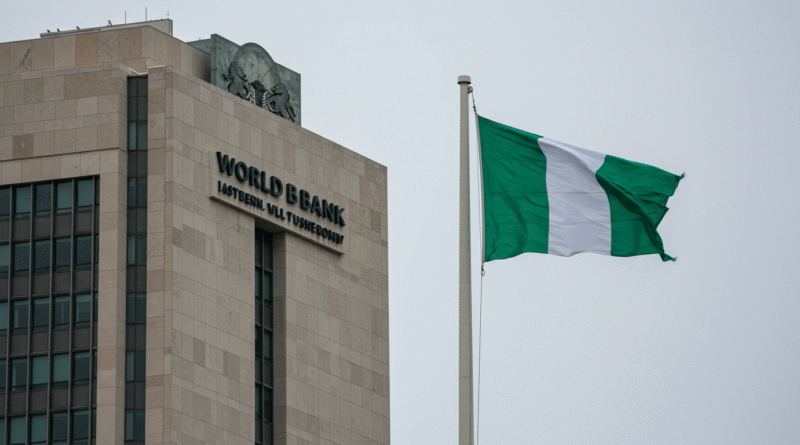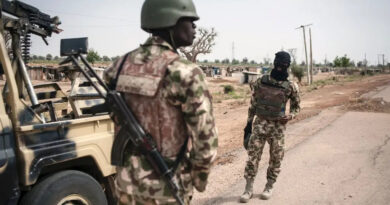World Bank Predicts Increased Poverty In Nigeria By 2027
The World Bank has raised concerns about Nigeria’s economic direction, projecting a significant increase in poverty levels over the next few years. According to its latest Africa’s Pulse report, poverty in Nigeria is expected to rise by 3.6 percentage points between 2022 and 2027.
The report, released during the ongoing Spring Meetings of the International Monetary Fund (IMF) and the World Bank in Washington, D.C., paints a bleak picture for poverty alleviation across resource-dependent countries in Sub-Saharan Africa—particularly Nigeria.
While there were modest improvements in Nigeria’s economic activity, especially in the non-oil sector in late 2024, the World Bank cautions that deep-rooted structural issues—such as overdependence on natural resources and national fragility—could hinder meaningful poverty reduction.
“Poverty in resource-rich, fragile countries—including large economies like Nigeria and the Democratic Republic of Congo—is projected to increase by 3.6 percentage points between 2022 and 2027,” the report stated.
Sub-Saharan Africa remains the global epicentre of extreme poverty, accounting for 80% of the world’s 695 million extremely poor in 2024. Notably, half of the region’s 560 million extremely poor people are concentrated in just four countries.
READ ALSO: IMF Urges Nigeria to Boost Tax Revenue and Fight Tax Evasion
In comparison, South Asia accounts for only 8% of the world’s extreme poor, East Asia and the Pacific 2%, the Middle East and North Africa 5%, and Latin America and the Caribbean 3%.
The World Bank attributes the rising poverty in resource-rich nations like Nigeria to factors such as declining oil prices, fiscal fragility, and ongoing conflict. In contrast, non-resource-rich countries are faring better by leveraging high agricultural commodity prices to stimulate growth, despite their own fiscal challenges.
“This follows a well-established pattern whereby resource wealth, combined with fragility or conflict, is associated with the highest poverty rates—averaging 46% in 2024, which is 13 percentage points higher than in non-fragile, resource-rich countries,” the report noted.
To mitigate the looming crisis, the World Bank urges Nigeria and similar economies to implement urgent fiscal reforms. Key recommendations include strengthening public financial management and building a stronger fiscal contract with citizens to foster inclusive development and sustainable poverty reduction.
The warning adds to growing concerns about Nigeria’s economic future, already strained by inflation, unemployment, and widespread insecurity.
Content Credit| Agbetan Bisola
Image Credit| @phm.live




